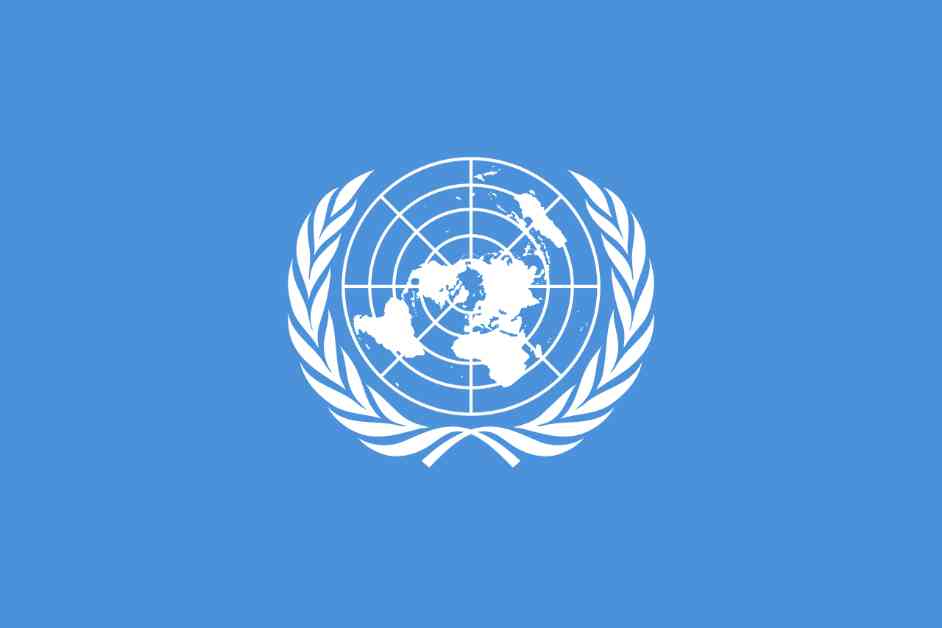After two weeks of negotiations, delegates at the United Nations conference on biodiversity in Cali, Colombia have reached a historic agreement. They have decided to establish a subsidiary body that will involve Indigenous peoples in future decisions regarding nature conservation. This decision is a significant step forward in recognizing the crucial role Indigenous communities play in protecting the environment and fighting climate change.
The delegates also agreed that major corporations must share the financial benefits of research when utilizing natural genetic resources. This move aims to ensure that Indigenous peoples and local communities benefit from the use of their traditional knowledge systems for global and national biodiversity management.
The creation of the Indigenous body was met with cheers and tears from Indigenous delegations, marking a momentous occasion in the fight for environmental conservation. The body will be comprised of two co-chairs elected by the COP, with one nominated by U.N. parties of the regional group and the other nominated by representatives of Indigenous peoples and local communities.
In addition to the establishment of the Indigenous body, the conference also recognized the importance of the role of people of African descent in nature conservation. This acknowledgment highlights the need for diverse voices and perspectives in environmental decision-making processes.
One of the most contentious issues during the summit was the ownership of nature’s DNA, particularly digital sequence information on genetic resources. Negotiators ultimately agreed that companies using resources from animals, plants, or microorganisms in biotechnologies must share benefits by paying a genetic information fee of 0.1% of their revenues from products derived from such information.
Furthermore, the conference addressed the need to protect human health from biodiversity issues, as ecosystem degradation directly impacts human and animal well-being. Despite the modest pledges made by countries during the conference, there is still a significant funding gap to address global biodiversity decline.
Looking ahead, the focus will shift to the next U.N. climate talks, COP29, which will take place in Azerbaijan. COP29 is expected to concentrate on generating the trillions of dollars necessary for the world to transition to clean energy sources like solar, wind, and geothermal. This transition will require substantial commitments from nations, companies, and philanthropies to combat climate change and protect biodiversity.
In conclusion, the agreements reached at the COP16 summit in Cali mark a step forward in recognizing and empowering Indigenous groups in nature conservation efforts. By involving diverse voices and perspectives in decision-making processes, we can work towards a more sustainable and equitable future for all.
